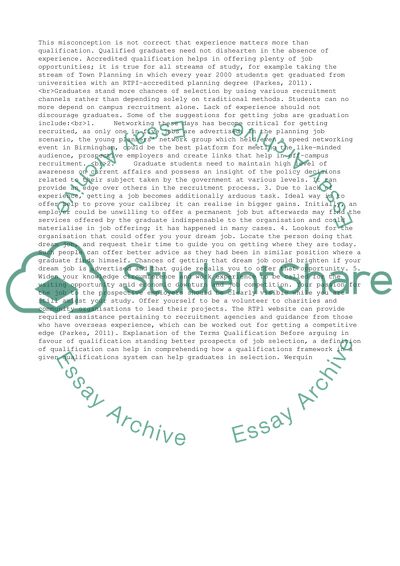Cite this document
(“Experience Vs. Qualification Essay Example | Topics and Well Written Essays - 4250 words”, n.d.)
Retrieved from https://studentshare.org/management/1395520-experience-vs-qualification
Retrieved from https://studentshare.org/management/1395520-experience-vs-qualification
(Experience Vs. Qualification Essay Example | Topics and Well Written Essays - 4250 Words)
https://studentshare.org/management/1395520-experience-vs-qualification.
https://studentshare.org/management/1395520-experience-vs-qualification.
“Experience Vs. Qualification Essay Example | Topics and Well Written Essays - 4250 Words”, n.d. https://studentshare.org/management/1395520-experience-vs-qualification.


